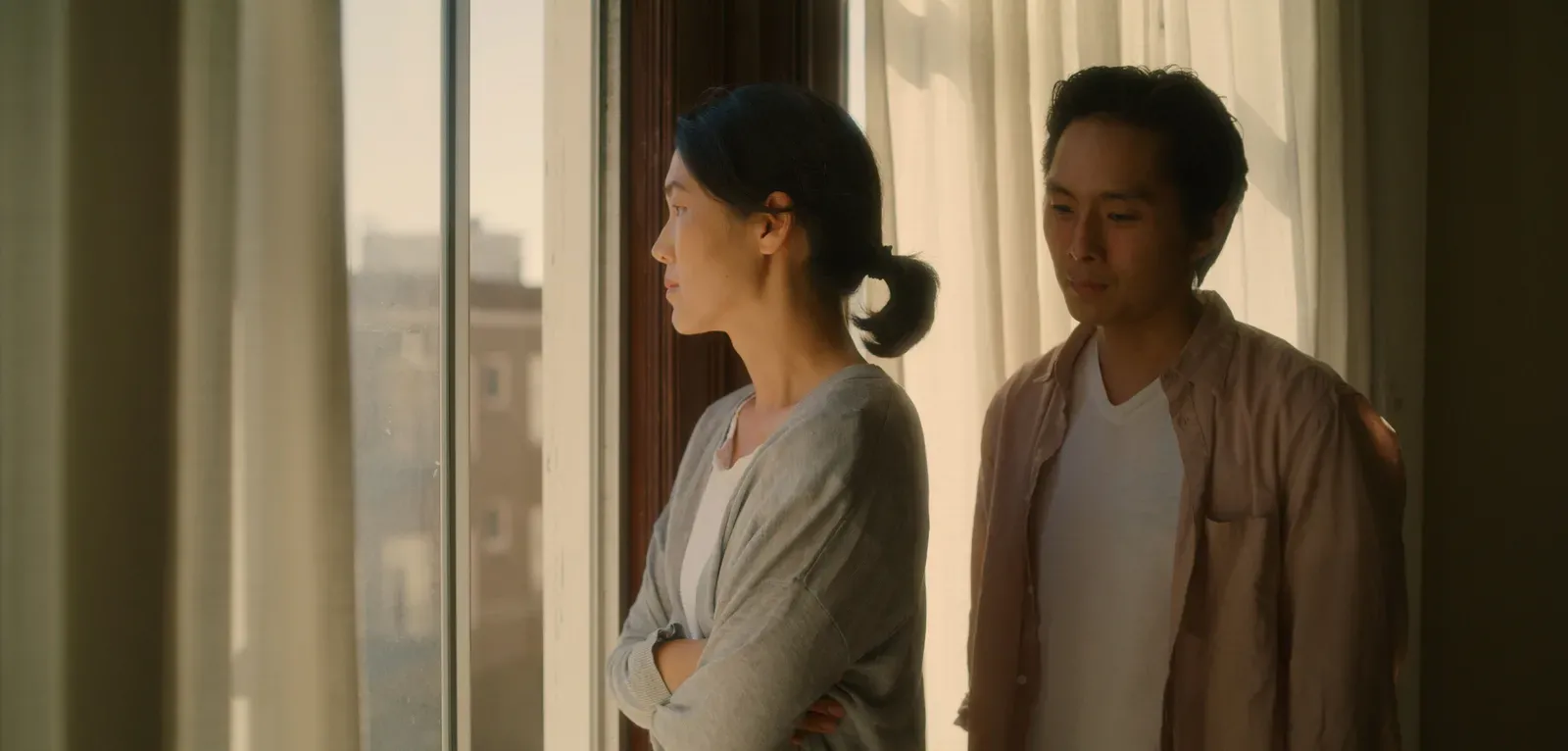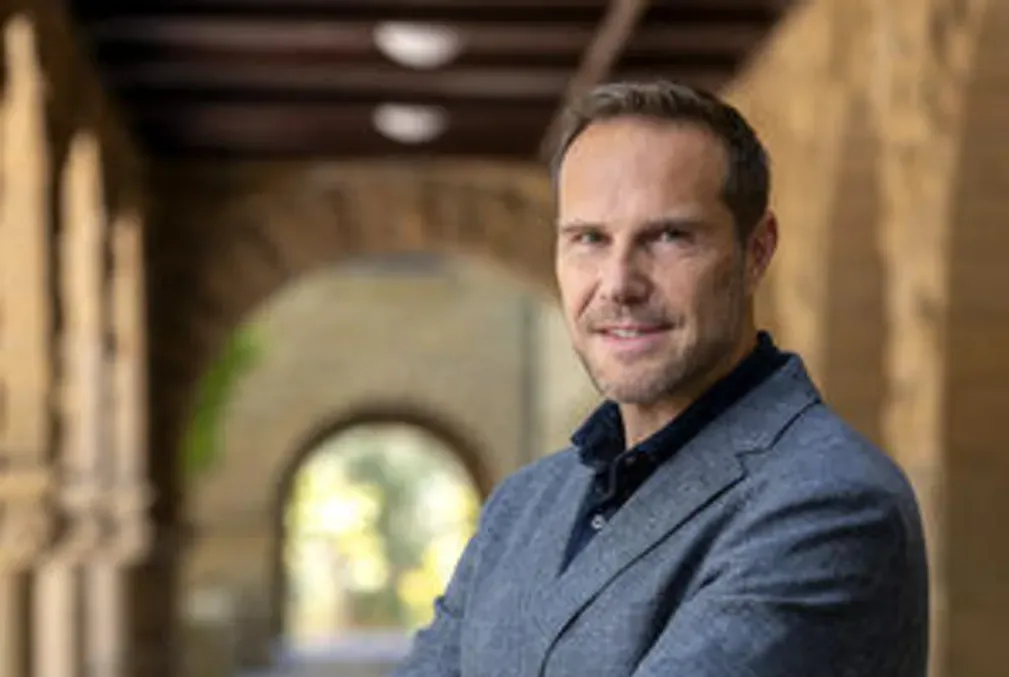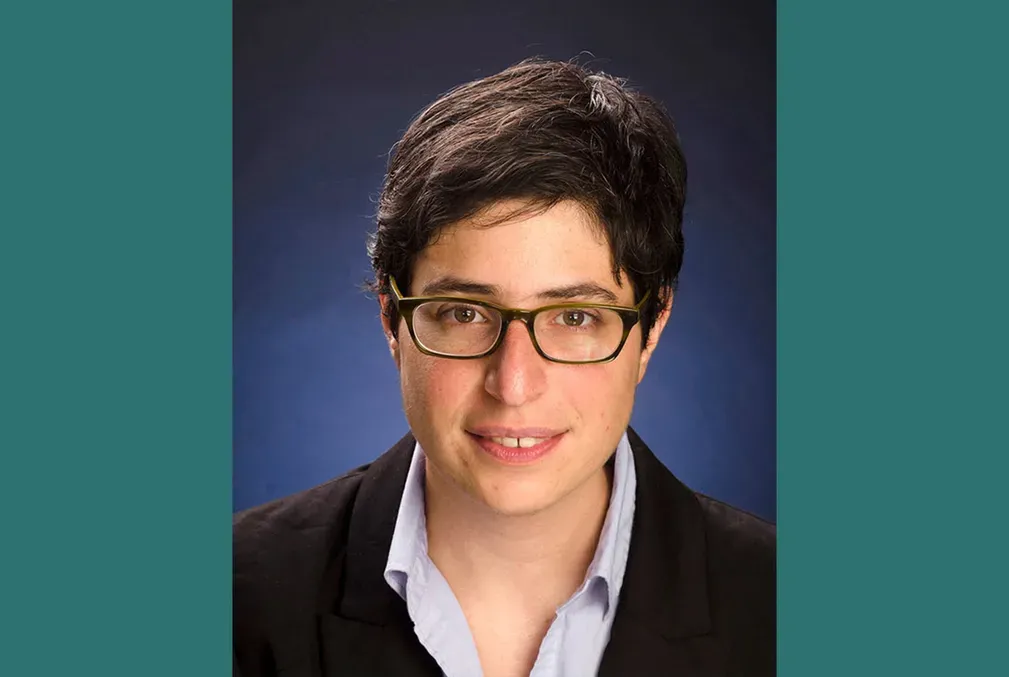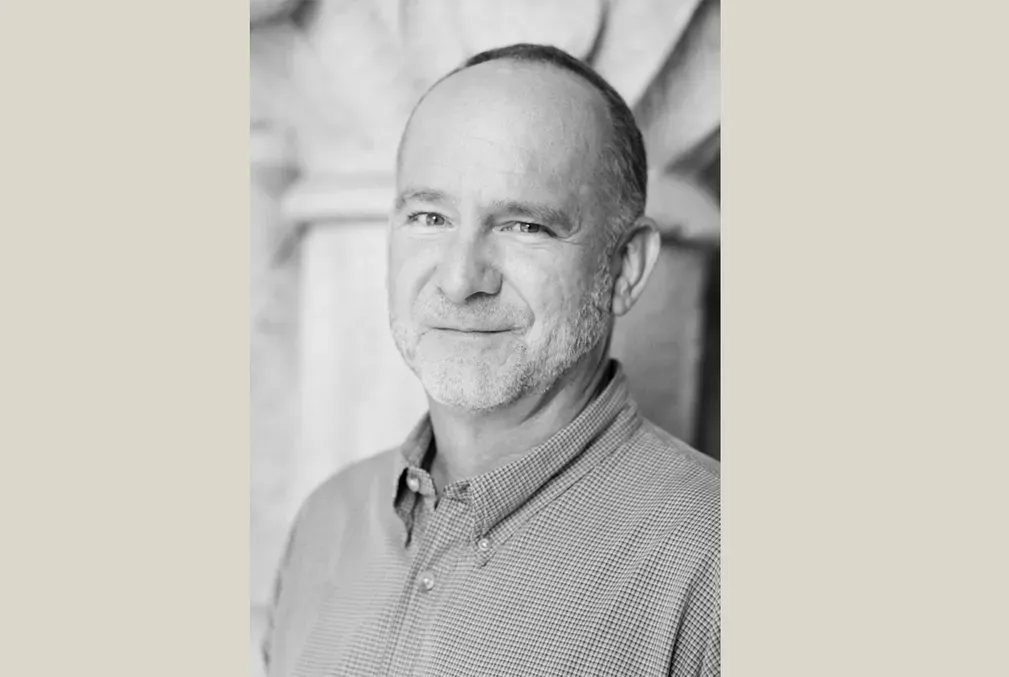
Stanford professor’s 1995 "New Yorker" essay adapted into movie
Chang-rae Lee’s seminal work about his Korean American family has been adapted into a poignant film.
As Korean American stories like Academy Award-nominated Minari take center stage, an adaptation of a Stanford professor’s own life story is also making waves.
It’s been more than 25 years since critically acclaimed author Chang-rae Lee, who is the Ward W. and Priscilla B. Woods Professor in the Department of English in the School of Humanities and Sciences, published a moving and tender essay about his dying mother in the New Yorker. The 1995 essay, “Coming Home Again,” chronicled Lee’s reflections on taking care of his mother in upstate New York in her final days battling gastric cancer and about the roles we play in our families.
Director Wayne Wang, who is known for the film adaptation of Joy Luck Club and hits like Maid in Manhattan with Jennifer Lopez, transformed Lee’s essay into a film that premiered at the 2019 Toronto International Film Festival. Coming Home Again is available to watch online.
“The core emotionality of the film was quite moving,” Lee said.
This project took a different approach to adapting a written work to film. Most of the movie was shot improvised without a script — there were just loose guidelines for what the actors should talk about in each scene. But after the first cut, Lee helped write a few additional scenes that were incorporated into the movie.
The movie is a fictional depiction of the nonfiction essay. Lee’s character moves from New York to California to care for his ailing mother. Through that experience, he grapples with challenges in his relationship with his immigrant mother and explores his role in the family that includes his father and sister. Lee’s character cooks his mother a traditional Korean meal for a New Year’s Eve celebration, as food is one of the important ways the two connect and express their cultural heritage.
In Lee’s New Yorker essay, he writes about how it was one of his daily pleasures as a child watching his mother cook dishes like kalbi. “Whenever I cook, I find myself working just as she would, readying the ingredients … and piling them in little mounds about the cutting surface. My mother never left me any recipes, but this is how I learned to make her food, each dish coming not from a list or a card but from the aromatic spread of a board.”
While some of the scenes are based on reality, Lee says the filmmakers externalized the characters’ feelings more on screen. Lee’s character, played by Justin Chon, is “in the movie much more demonstrative and volatile than I ever was,” according to Lee. But he said the portrayal helps capture the emotionality of those moments for viewers.
Lee’s father, who passed away three years ago, is also depicted quite differently, and certain aspects of the relationship between his father and mother were wholly fictionalized.
“I think the parts that are most ‘real’ were the interactions between mother and son — that’s really what the essay focused on,” Lee said.
Lee was only in his 20s when his mother died at age 51. “She and my father were just on the brink of enjoying the fruits of all their labors,” he said. “They were starting to travel and to feel finally comfortable in this land.”
Actor Jackie Chung portrayed Lee’s mother with haunting accuracy, he said, including showing the strains of illness and the complexity of their relationship. Lee mostly grew up in New York’s Westchester County with his family but attended boarding school at the prestigious Phillips Exeter Academy for several years. Lee was deeply affected by those movie scenes where the son and his mother come to terms with their relationship and that lost time together. “Jackie came to the house and I showed her some old pictures. The way she dressed and the way she carried herself was really stunning.”
Over the years, Lee says he’s never stopped thinking about his mother’s influence on his life and personality — and even little similarities he sees in his own children today.
“We had a very close, very loving relationship,” Lee said. “Obviously, we had our disagreements, but I think it was founded on real mutual love. When we lost her, it was a huge, huge trauma for the whole family.”
Lee is the author of six novels and he often explores topics of race, class and the immigrant experience. He is well-known for his 1995 book Native Speaker that won the prestigious Hemingway Foundation/PEN Award. His 2010 book The Surrendered was a Pulitzer Prize finalist for fiction.
His latest novel, My Year Abroad, published in February, is about a college student who goes on a trip around the world with a Chinese American businessman, as well as the domestic life the protagonist lives afterward.



